For mass production of relatively complex metal parts, die casting is the most suitable manufacturing process. Die-cast components are manufactured by steel mold. The raw material used in injection molding is plastic, while in die casting, metals with low melting points are used, such as zinc and aluminum. Die casting has become a common process due to its excellent accuracy, reliability, repeatability and versatility.
In the die casting process, high air pressure or hydraulic pressure forces molten metal into a steel casting or die that produces metal parts with complex geometries. Most of the metal parts involved in all casting processes can be produced through the die casting process.
Mastars Die castings has been developing zinc and aluminum cast components over 20 years. Refinements in both the alloys and the process have expanded our applications to most market sectors. Size, shape, thickness, strength and precision combine to offer designers unsurpassed qualities in performance and visual aesthetics.
Hot and Cold chambers are our advantage. A complete die casting cycle can vary from less than one second for small components weighing less than one ounce, ranging from-two to-three minutes for a casting of several pounds, making die casting the fastest technique for producing precise non-ferrous metal parts.
-
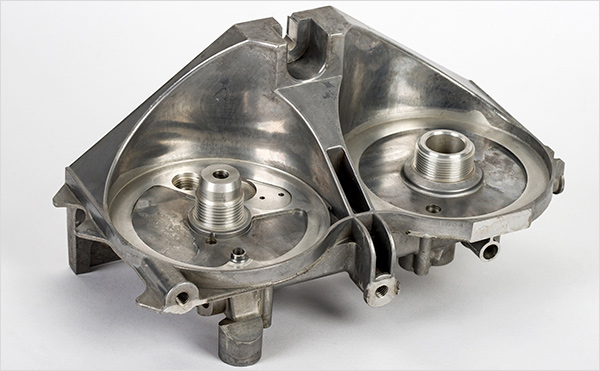 Here’s Why You Should Consider Using Our Die Casting Process > Easier inventory control and reduced labor cost > Obtain tighter tolerances and produce high-fidelity copies with dimensional stability > Fast turnaround and production times > Reduction in material waste > Long tool life with aluminum, zinc and magnesium alloys > Excellent surface finish and reduced need for post-machining > Cost savings when carrying out large production
Here’s Why You Should Consider Using Our Die Casting Process > Easier inventory control and reduced labor cost > Obtain tighter tolerances and produce high-fidelity copies with dimensional stability > Fast turnaround and production times > Reduction in material waste > Long tool life with aluminum, zinc and magnesium alloys > Excellent surface finish and reduced need for post-machining > Cost savings when carrying out large production
-
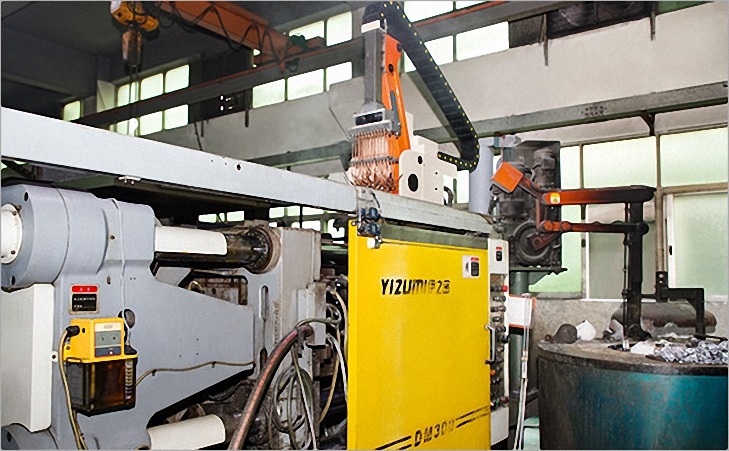 Perfect die casting machines Mastars has 6 sets of 88T-500T die-casting machines, which can adapt to the production of parts of different sizes. The main raw materials are aluminum alloy and zinc alloy.
Perfect die casting machines Mastars has 6 sets of 88T-500T die-casting machines, which can adapt to the production of parts of different sizes. The main raw materials are aluminum alloy and zinc alloy.
Vacuum die casting is a mature process for us, so we can give full play to the advantages of the process in design and production, in order to maximize the benefits for customers.
-
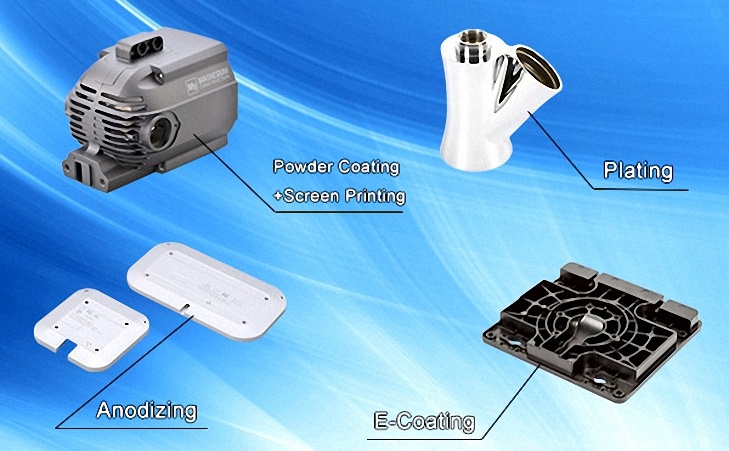 One-stop services The surface treatment of products after die casting includes polishing, anodizing, powder coating, plating and E-Coating. From die sinking to delivery, all in one stop, which not only saves customers' precious time, but also helps to control each link and quality in production, and achieve higher cost performance.
One-stop services The surface treatment of products after die casting includes polishing, anodizing, powder coating, plating and E-Coating. From die sinking to delivery, all in one stop, which not only saves customers' precious time, but also helps to control each link and quality in production, and achieve higher cost performance.
-
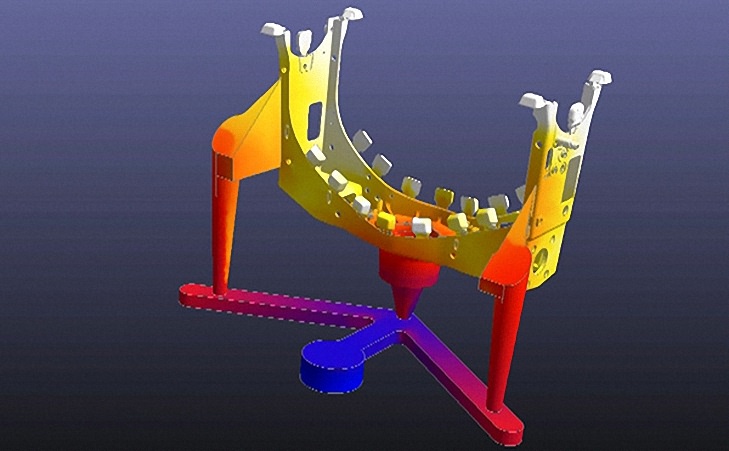 Experienced design team Mastars is a global industrial manufacturing service company, with a strong design team and more than ten years of experience in cooperation with global industry leaders. Designing and manufacturing complex die-casting products is our advantage. 3D drawings and mold flow analysis provide customers with higher-end and more accurate product development and design.
Experienced design team Mastars is a global industrial manufacturing service company, with a strong design team and more than ten years of experience in cooperation with global industry leaders. Designing and manufacturing complex die-casting products is our advantage. 3D drawings and mold flow analysis provide customers with higher-end and more accurate product development and design.
-
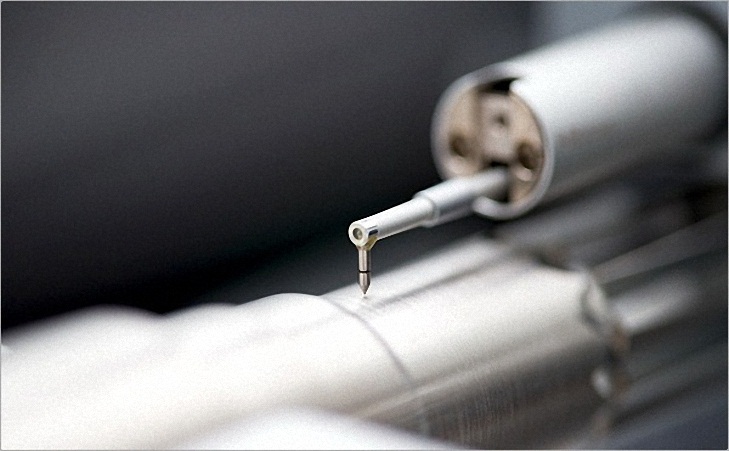 Professional testing equipment Professional testing equipment to ensure the production quality of products. Our testing center has advanced comprehensive testing equipment, such as German GOM ATOS TRIPLE Sacn III Blue ray 3D scanner, Swedish Hexagon CMM, 2.5-dimensional automatic image measuring instrument, Hitachi handheld X-ray fluorescence spectrometer, Switzerland TESA Height meter, Japan Mitohiro Roughness Meter, etc. All this ensure that your products meet the design and functional requirements.
Professional testing equipment Professional testing equipment to ensure the production quality of products. Our testing center has advanced comprehensive testing equipment, such as German GOM ATOS TRIPLE Sacn III Blue ray 3D scanner, Swedish Hexagon CMM, 2.5-dimensional automatic image measuring instrument, Hitachi handheld X-ray fluorescence spectrometer, Switzerland TESA Height meter, Japan Mitohiro Roughness Meter, etc. All this ensure that your products meet the design and functional requirements.
Die casting products
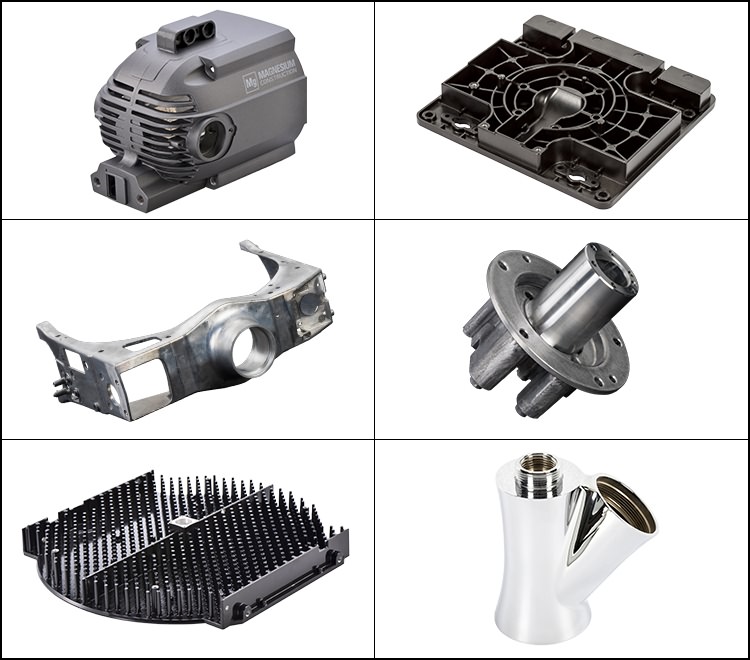
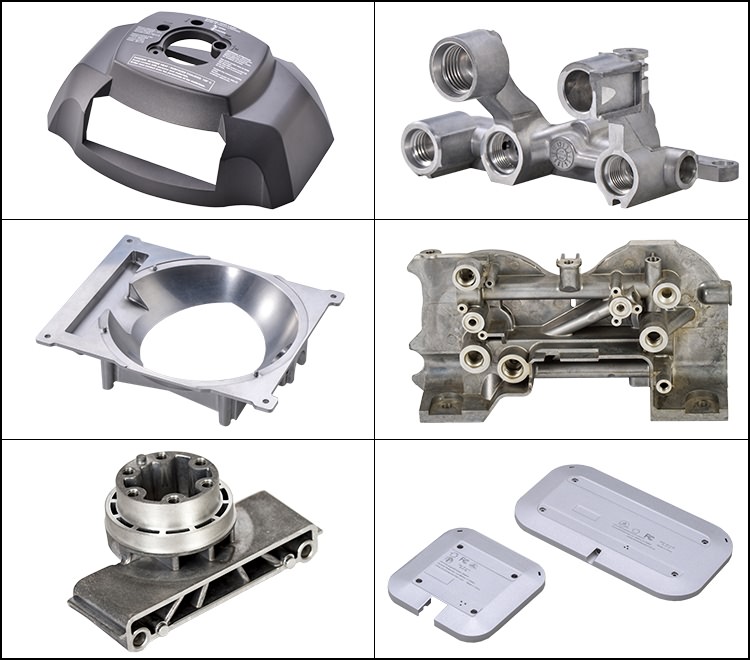
Mastars offers an all-in-one set of die casting services. From mold production to die casting, machining, post-machining and finishing, our engineers offer design solutions that fit your end-use and functionality. All of our experts are versed in a range of industries including consumer electronics, healthcare, automotive, aerospace, education, spares and more.

We urge you to get in touch with our engineering team anytime and take advantage of our excellent professional services at over stringent quality standards.
-
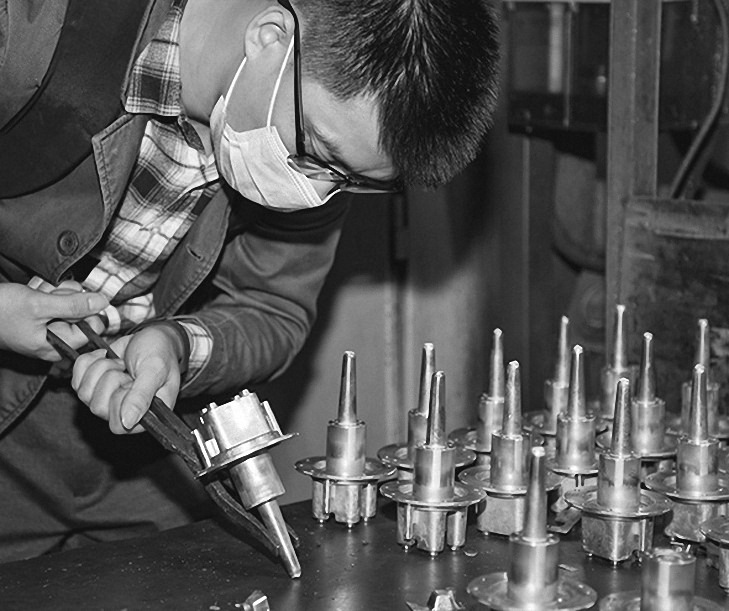
- High production efficiency, easy to realize mechanization and automation. High dimensional accuracy and high surface quality. High mechanical properties. The layer near the surface has fine grains, dense structure, high strength and hardness. It can die cast complex thin-walled parts. The minimum wall thickness of aluminum alloy die castings is 0.5mm, and zinc alloy can reach 0.3mm. Parts of other materials can be embedded in die castings. The performance of parts can be improved, and the assembly workload can be reduced. Compared with sheet metal parts, the shape of die-casting parts can be more complex, and the wall thickness of parts can be changed. One die-casting can replace several sheet metal parts, so as to simplify the product structure. Compared with plastic parts, die castings have advantages in strength, conductivity, thermal conductivity and anti electromagnetic radiation. Compared with machined parts, die castings have light weight and low processing cost. Compared with other casting methods, die casting products have high dimensional accuracy, good surface quality and high production efficiency.




